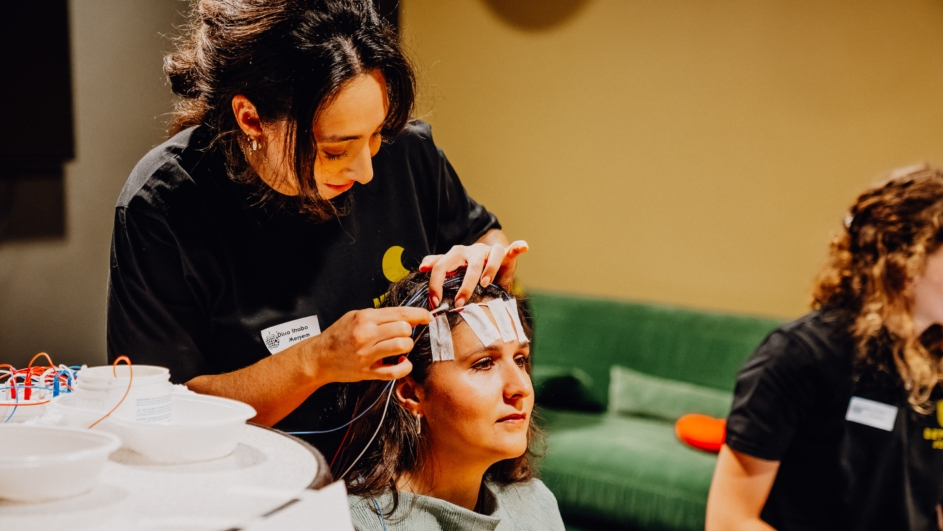
Utrecht Science Week kicks off this year on Friday, September 25th. The Betweter Festival at Tivoli Vredenburg is the ever-popular opening night event. This year marks the tenth edition of the Betweter Festival. This art and science festival, where visitors immerse themselves in a unique mix of talks, music, film, interactive installations, and live research, is inviting participants to submit ideas for experiments during the festival.
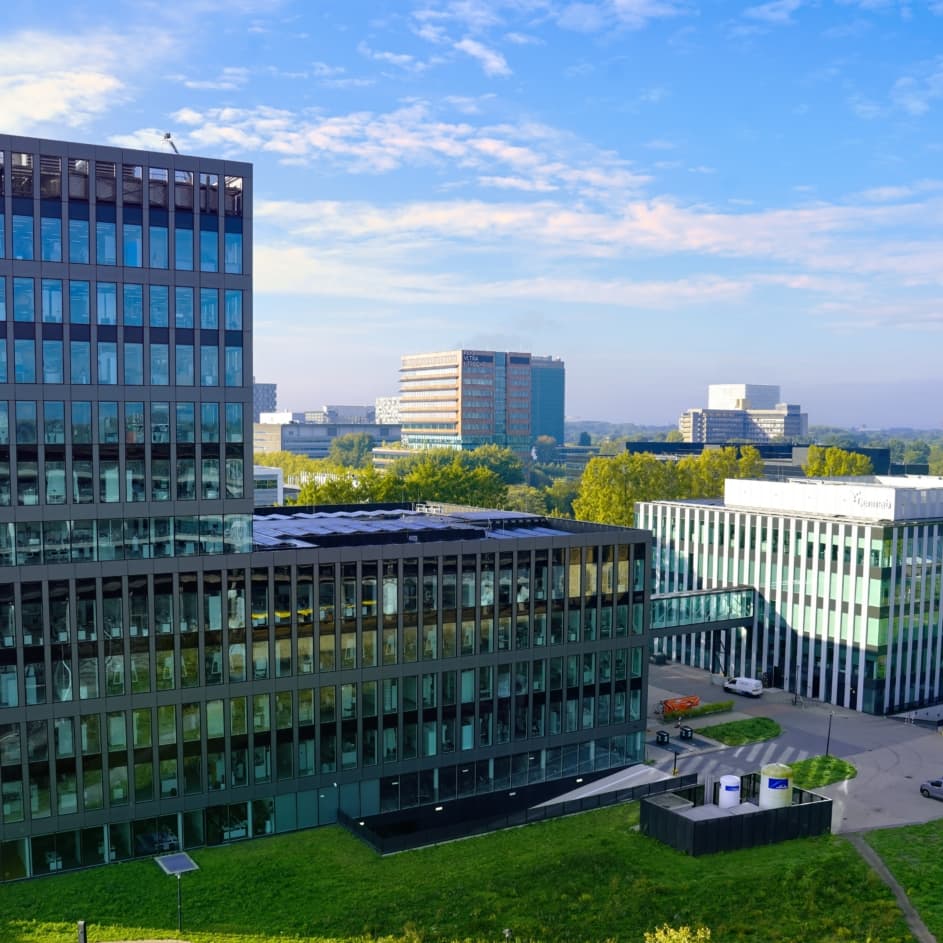
The Dutch Life Sciences and biotechnology sector can make a much larger contribution to the Netherlands’ economic strength. This is shown in a new growth strategy presented today as part of Peter Wennink’s advisory report. The report also highlights Utrecht Science Park as one of the key innovation locations and sources of progress and growth.

The Princess Máxima Center for pediatric oncology will be able to start expanding the center later this year with a five thousand square meter innovation wing. This has been made possible by a multi-year strategic partnership between the Princess Máxima Center Foundation and Rabobank. The new innovation wing will provide space for pioneering research, innovation in care, and collaboration programs. This expansion supports the development of better and more effective treatments for children with cancer.
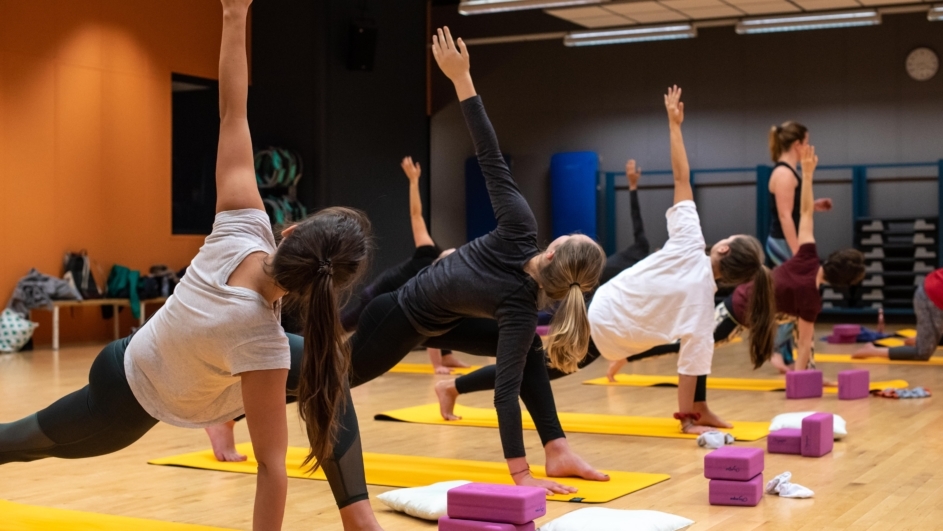
Employees of Utrecht University, Utrecht University of Applied Sciences (HU), UMCU, Hubrecht Institute and Westerdijk Institute can temporarily enjoy an extra 20% discount on all-in sports at Olympos!
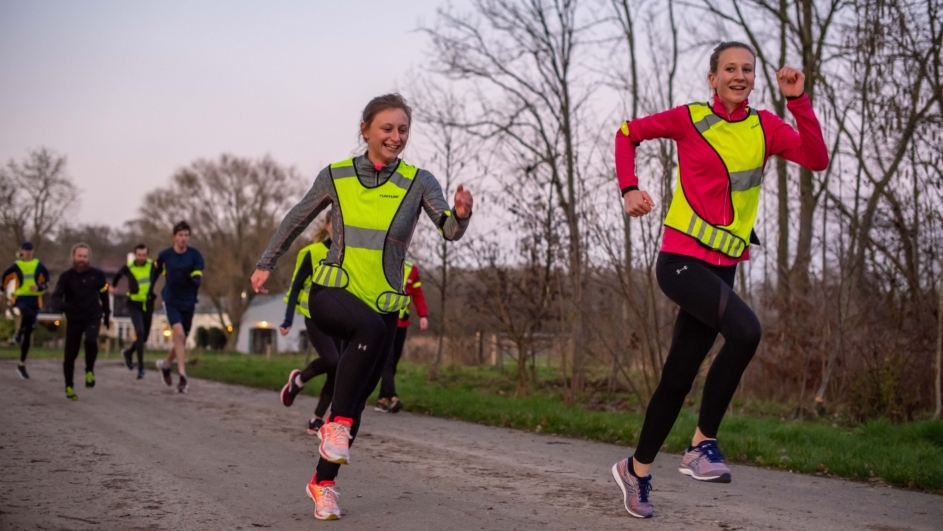
Want to be well prepared for your distance in the Utrecht Marathon on 31 May 2026? The Olympos Sports Centre at Utrecht Science Park offers 10-week running training programmes for different levels and distances.

Nephrologist Karin Gerritsen of UMC Utrecht receives a grant of 1.8 million euros for the research NanoKid from NWO. In this research she is working on an innovative kidney-on-a-chip: a miniature model in which the most important kidney functions are imitated. The ultimate goal is to use this kidney-on-a-chip as a fundamental building block for a bioartificial kidney and improving kidney replacement therapies.

Utrecht East took a step into a new phase of sustainable mobility. On 19 January 2026, 24 major organisations from the Utrecht Science Park and Kantorenpark Rijnsweerd signed a joint commitment to make travel more sustainable, encourage walking and cycling, increase the use of public transport, and structurally reduce peak-hour congestion.
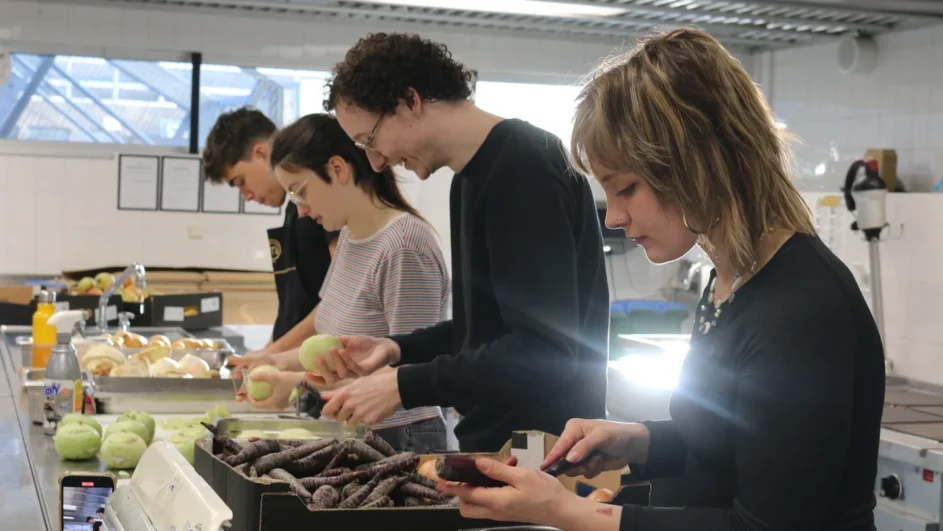
In two weeks, on Tuesday 3 February, De Pit will officially open in the Educatorium at Utrecht University. De Pit is an independent, student-run food initiative that originated from the Young Future Food Movement (YFFM). The initiative grew from a simple but powerful idea: everyone on campus deserves delicious, nutritious, and affordable food.

On Monday evening, January 19th, the Utrecht Science Park New Year’s Café was held. It was wonderful to see so many different partners represented. An interactive pub quiz with questions from various partners thoroughly tested the guests’ knowledge of Utrecht Science Park.
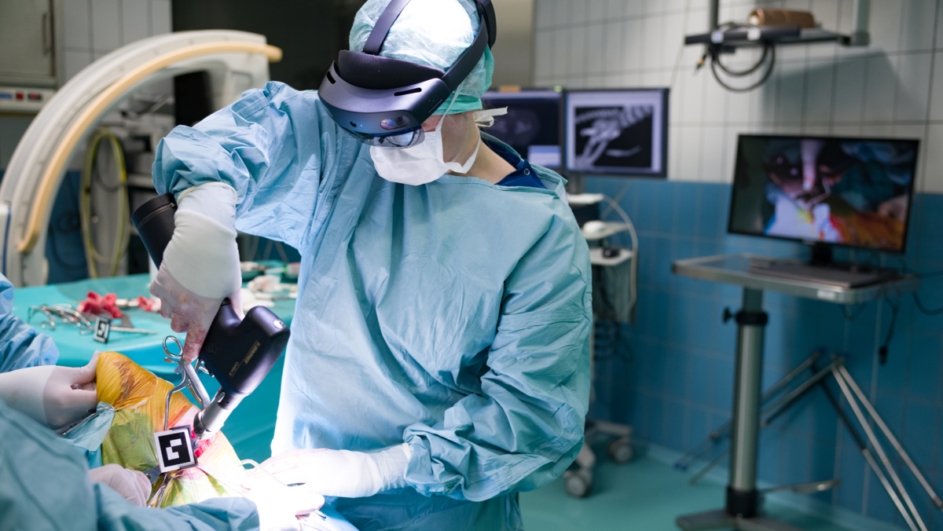
Vijf jaar geleden werd een 3D-geprint titanium implantaat aangebracht bij de elleboog van een hond. Dankzij een samenwerking tussen de faculteit Diergeneeskunde van de Universiteit Utrecht en het 3D Lab van het UMC Utrecht kon toen een amputatie worden voorkomen. Afgelopen vrijdag is de eerste stap richting de humane geneeskunde gezet: in het Anna Ziekenhuis in Geldrop werd voor het eerst een 3D-geprinte titanium heupkom aangebracht bij een 36-jarige man met heupdysplasie.
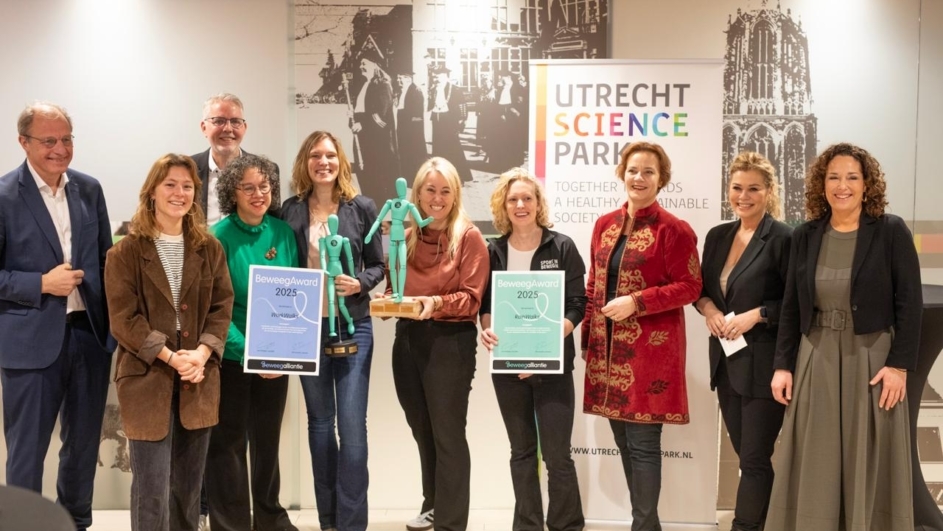
The Dutch sit an average of nine hours a day, making them the “European Champion of Sitting,” which is detrimental to health and performance. USP WorkWalks, an inspiring initiative by HU University of Applied Sciences Utrecht in collaboration with Utrecht University, the municipality of Utrecht, and the Utrecht Science Park Foundation, is breaking this pattern. The initiative has now also received national recognition. The initiators received the 2025 Exercise Award from State Secretary Judith Tielen (Health, Welfare and Sport) on Friday, January 16th. In addition to various administrators and guests, Alderwoman Eva Oosters and artist and ambassador of the ‘BeweegAlliantie’ Antje Monteiro were present at the award ceremony.
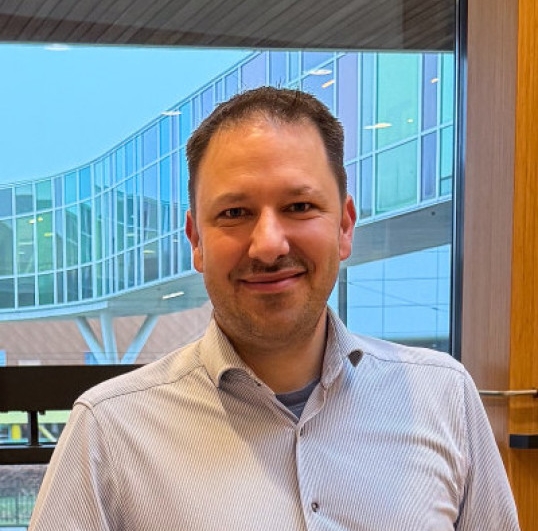
Prof. Dr. Jeroen de Ridder is the new head of a research group at the Princess Máxima Center. He is an expert in bioinformatics, a field that brings together biology, medicine, and computer science. His team uses artificial intelligence (AI) to quickly and accurately identify the type of cancer a child has. A correct diagnosis is important, because it allows children to receive the most appropriate treatment.